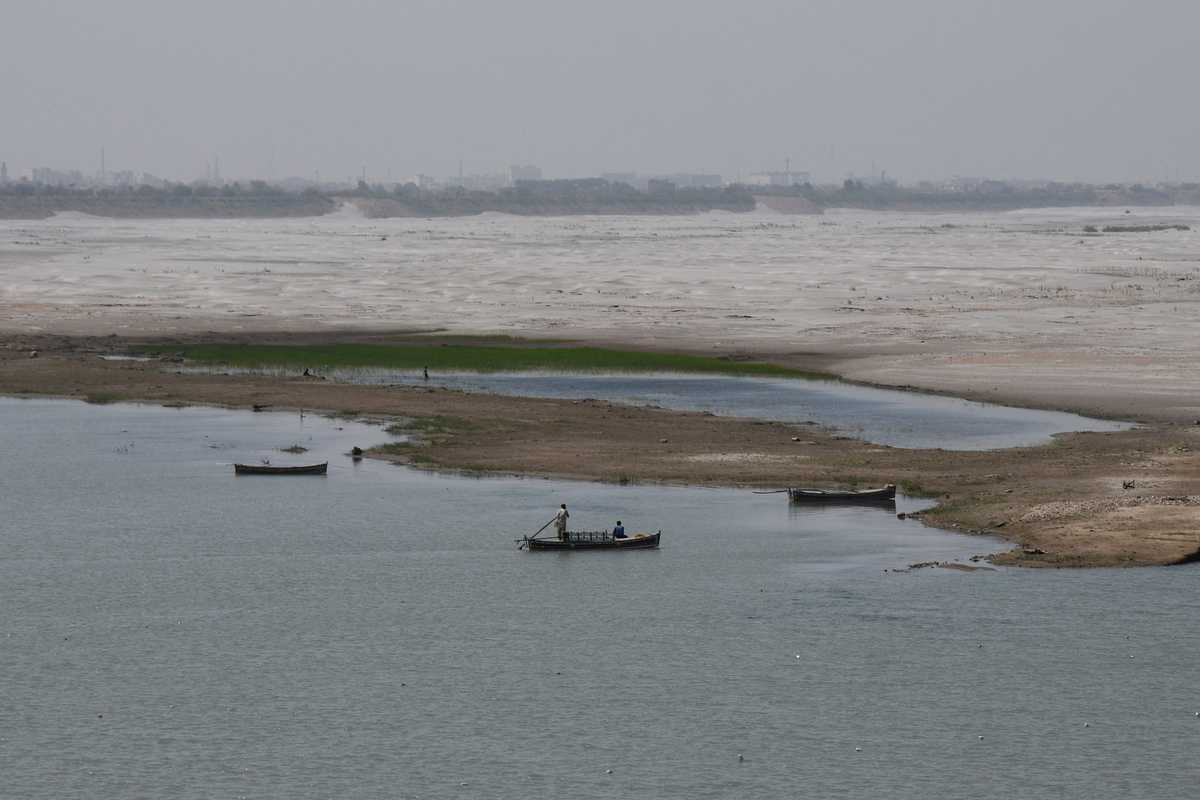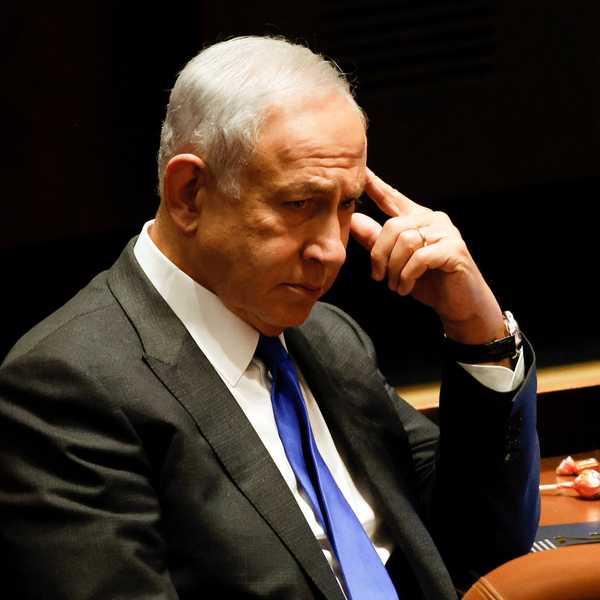News Desk
The News Desk provides timely and factual coverage of national and international events, with an emphasis on accuracy and clarity.

Pakistan has formally written to India, rejecting New Delhi’s unilateral suspension of the decades-old water accord between the two countries as illegal, and warning that Islamabad will raise the issue at all relevant international forums if the move is not reversed.
The protest relates to the Indus Waters Treaty, a landmark agreement signed in 1960 that governs the sharing of water from the Indus River system between the two nuclear-armed neighbors.
Pakistan maintains the treaty remains fully intact and binding, with no provision allowing either side to suspend it.
Foreign Office spokesperson Shafqat Ali Khan confirmed that a formal communication had been sent to New Delhi, asserting that the treaty is “fully in force and binding on both parties.” He stressed that any violation of the accord would be unacceptable to Pakistan, noting that the agreement is an international obligation that must be upheld.
“Pakistan will continue to raise its voice at every relevant forum to safeguard its rights under the treaty,” Khan said.
According to sources, the letter was dispatched by Pakistan’s Water Resources secretary to his Indian counterpart.
India announced the suspension of the treaty on April 24, just two days after an attack in Indian-administered Kashmir’s Pahalgam that left 26 tourists dead. Blaming Pakistan-based elements for the attack, New Delhi said the treaty would remain suspended until Islamabad “credibly and irrevocably abjures its support for cross-border terrorism.”
Tensions between the two countries rapidly escalated. On May 7, India launched airstrikes inside Pakistani territory, prompting retaliatory action from Islamabad. The confrontation continued until May 10, with both sides showing little sign of backing down.
The crisis de-escalated later that day after U.S. President Donald Trump announced a ceasefire, brokered through behind-the-scenes diplomacy. While calm has since prevailed, it remains uneasy, with officials on both sides continuing to exchange statements.
In a televised address, Indian Prime Minister Narendra Modi warned that any further cross-border attacks would be met with an even more forceful response.
Understanding the Indus Waters Treaty
The Indus Waters Treaty allocates six major rivers of the Indus system between the two nations. India has control over the three eastern rivers — Ravi, Beas, and Sutlej — while Pakistan has rights to the three western rivers — Indus, Jhelum, and Chenab.
India retains limited rights to use the western rivers for irrigation and hydropower development under strict conditions.
To manage the treaty’s implementation, a Permanent Indus Commission — with one commissioner from each country — was established. The agreement also includes a structured dispute resolution mechanism: questions are handled by the commission, differences are referred to a neutral expert, and formal disputes go to a Court of Arbitration.
The World Bank plays a procedural role, helping facilitate the appointment of experts or arbitrators when requested by either party.







Comments
See what people are discussing